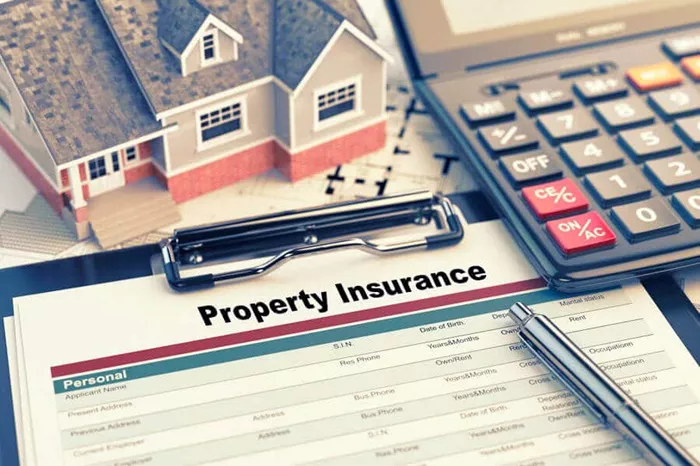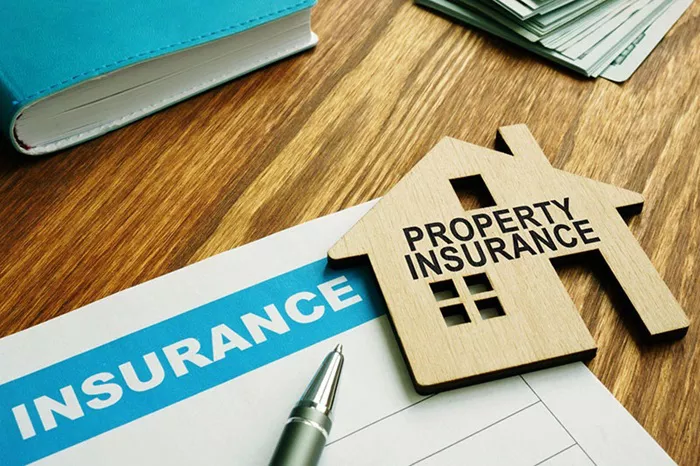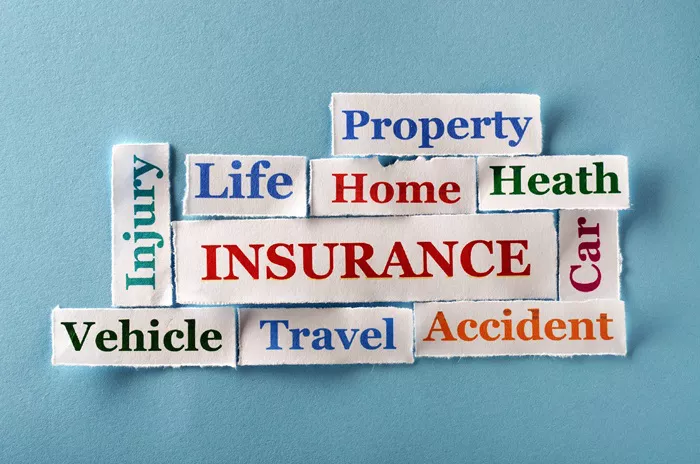Running a business involves numerous risks, and one of the key steps to mitigate these risks is securing commercial property insurance. This type of insurance is crucial for protecting a business’s physical assets from various unforeseen events. In this comprehensive guide, we will explore what commercial property insurance is, the details of coverage, the importance of business interruption insurance, how it differs from residential property insurance, policy specifics, common exclusions, factors affecting cost, and the steps to obtain coverage.
Definition
Commercial Property Insurance is a type of insurance designed to protect businesses’ physical assets against a range of risks, including fire, theft, and natural disasters. It covers the repair or replacement costs for buildings, equipment, inventory, and other physical items essential to running a business. This insurance is fundamental for businesses of all sizes, as it ensures that the physical components of the business are protected from unexpected damages and losses.
Coverage Details
Buildings: This includes the physical structure owned or leased by the business. Whether it’s an office, a factory, a retail store, or a warehouse, the insurance covers damages to the building itself.
Equipment: All business-related equipment, from office computers to manufacturing machinery, is typically covered under commercial property insurance.
Inventory: The goods and materials that a business holds for sale or use in production are covered. This is especially important for retail and manufacturing businesses that rely heavily on inventory.
Furniture: Office furniture and fixtures, such as desks, chairs, and shelving units, are also covered.
Personal Property: This includes items owned by the business but used in the course of daily operations, such as tools and office supplies.
Business Interruption
Business Interruption Insurance is an essential component of commercial property insurance. It covers the loss of income that a business suffers after a disaster while its facility is either closed due to the disaster or in the process of being rebuilt. Business interruption insurance can cover:
Lost Income: It compensates for the income a business would have earned if the interruption had not occurred.
Operating Expenses: This includes rent, utility payments, and payroll.
Temporary Location: If the business needs to operate from a temporary location, the insurance can cover the additional costs.
This coverage is crucial as it helps a business stay afloat financially during the recovery period after a significant loss.
Differences from Residential Insurance
Scope of Coverage: Commercial property insurance is more comprehensive than residential property insurance, as it covers a wider range of risks and asset types pertinent to business operations.
Risks Covered: Businesses face additional risks that residential properties do not, such as higher traffic, more complex equipment, and larger inventories, which require specialized coverage.
Policy Complexity: Commercial policies are generally more complex and tailored to the specific needs of the business, whereas residential insurance is more standardized.
Policy Specifics
Replacement Cost vs. Actual Cash Value: Policies may compensate based on replacement cost (the cost to replace the damaged item with a new one) or actual cash value (the cost to replace the item minus depreciation). Replacement cost coverage is usually more expensive but provides more comprehensive protection.
Deductibles: This is the amount the policyholder must pay out-of-pocket before the insurance kicks in. Higher deductibles typically result in lower premiums.
Coverage Limits: These are the maximum amounts the insurance will pay for covered losses. It’s crucial to ensure that these limits are adequate to cover potential losses fully.
see also:How Much Does Professional Liability Insurance Cost
Exclusions
Natural Disasters: Standard policies often exclude certain natural disasters like earthquakes and floods. Businesses in high-risk areas may need to purchase additional coverage for these perils.
Wear and Tear: Damage from regular wear and tear or maintenance issues is typically not covered.
Acts of Terrorism: Coverage for acts of terrorism might be excluded unless specifically included in the policy.
Employee Theft: Standard policies may exclude theft by employees, which would require a separate fidelity bond or crime insurance policy.
see also: Do I Need Workers Compensation As A Sole Trader
Factors Affecting Cost
Location: Properties in areas prone to natural disasters or high crime rates usually have higher premiums.
Construction Materials: The materials used in the construction of the building can impact premiums. Fire-resistant materials may lower costs, whereas older buildings may cost more to insure.
Proximity to Risk Factors: Being close to high-risk areas, such as flood zones or industrial facilities, can increase insurance costs.
Value of Insured Assets: The higher the value of the insured assets, the higher the premium.
Claims History: Businesses with a history of frequent claims may face higher premiums.
How to Get Coverage
Assess the Value of Assets: Begin by evaluating the value of your buildings, equipment, inventory, and other assets to determine the amount of coverage needed.
Consult with an Insurance Agent: Discuss your coverage needs with a licensed insurance agent who can provide tailored advice and help you understand the various policy options.
Compare Quotes: Obtain quotes from multiple insurance providers to compare coverage options and premiums.
Review Policy Terms: Carefully review the policy terms, including exclusions, deductibles, and coverage limits, to ensure you understand what is and isn’t covered.
Purchase Additional Coverage if Necessary: Depending on your location and specific risks, you may need additional policies for perils not covered by standard commercial property insurance, such as flood or earthquake insurance.
Conclusion
Securing commercial property insurance is a critical step in protecting your business’s physical assets. This insurance provides coverage for buildings, equipment, inventory, and more, safeguarding your business from various risks. Additionally, business interruption insurance ensures that you can maintain financial stability during recovery from a covered loss. Understanding the differences from residential property insurance, the specifics of policy contracts, common exclusions, and factors affecting costs can help you make informed decisions. By assessing your assets, consulting with an insurance agent, comparing quotes, and reviewing policy terms, you can obtain comprehensive coverage tailored to your business needs.
[inline_related_posts title=”You Might Be Interested In” title_align=”left” style=”list” number=”6″ align=”none” ids=”2272,2268,2264″ by=”categories” orderby=”rand” order=”DESC” hide_thumb=”no” thumb_right=”no” views=”no” date=”yes” grid_columns=”2″ post_type=”” tax=””]





















